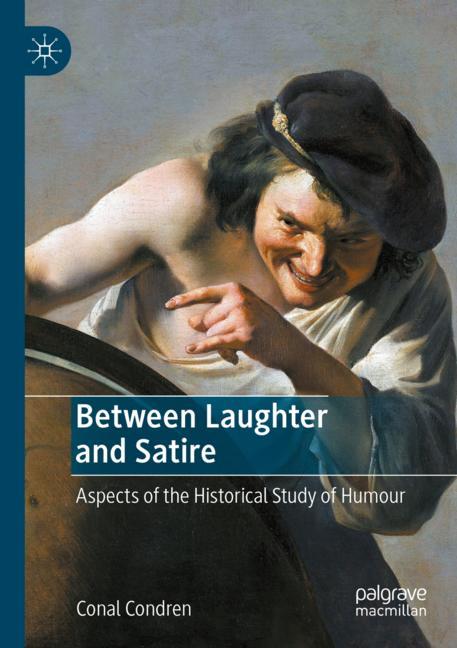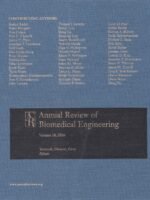This book explores closely related aspects of the historical study of humour. It challenges much that has been taken for granted in a field of study for which history has been marginal. It disputes the conventional genealogical view that humour theory dates from antiquity and outlines an alternative conceptual history. It critically examines the nostrum that humour is universal. It then explores the methodological difficulties in treating both verbal and non-verbal humour historically, dealing with contextualisation, intentionality, translation and reception. It explores the variable relationships between satire and definition and concludes with a detailed case study from recent history: the iconic Yes Minister and Yes, Prime Minister television comedies. These are commonly seen as realistic, but better understood as presenting popularised theories for satiric and propagandistic effect. Only in their treatment of language can we assess a putative political realism. The satires are often highly perceptive but largely dependent on misleading and inadequate theories of political discourse. Conal Condren is an Emeritus Scientia Professor at UNSW, a member of two Cambridge Colleges and a fellow both of the Australian Academy of the Humanities and The Social Sciences in Australia. He has published widely and principally in early modern intellectual history. Among his books are The Status and Appraisal of Classic Texts; Argument and Authority in Early Modern England; Political Vocabularies: Word Change and the Nature of Politics.
save
₹2,809.00Between Laughter and Satire: Aspects of the Historical Study of Humour
10-12 Days Shipping (Supply on Demand)
₹8,506.00₹11,315.00
In stock
| Weight | 1 kg |
|---|---|
| Book Author | Condren |
| Edition | 1st |
| Format | Paperback |
| ISBN | 9783031217418 |
| Language | English |
| Pages | 248 |
| Publication Year | |
| Publisher | |
| Sell by | sarasbooksonline.com |
Customer Reviews
There are no reviews yet.









Be the first to review “Between Laughter and Satire: Aspects of the Historical Study of Humour”